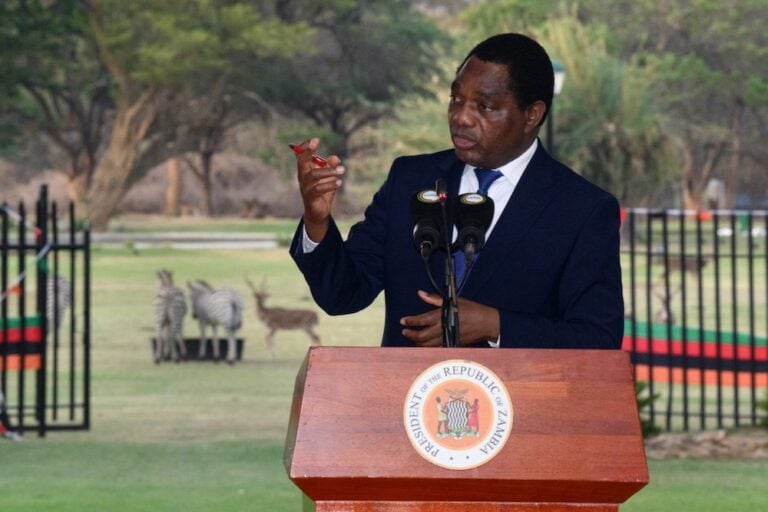The information minister said the government did not expect the media to have any difficulties in complying with the new code of ethics, as the principles and ideas were already known to media practitioners.
At the launch of the Independent Broadcasting Authority (IBA) in Lusaka on 3 September 2014, Zambia’s Information and Broadcasting Services Minister Joseph Katema also launched a code of ethics for Zambian media. Katema told Zambian media they must be loyal to the public and are responsible for delivering the truth to the public, rather than to individuals and their private agendas.
Dr Katema said all media institutions in the country, whether private or public, should maintain high ethical and professional standards in carrying out their noble role of informing, educating and entertaining the public.
The minister said the media must maintain its core values of objectivity, professionalism and responsibility in the way it discharges its duties. He added that the more freedom the media had, the more responsibility it has to exercise that freedom as it was a basic equation of ethical and professional media practice.
Dr Katema said the government did not expect the media to have any difficulties in complying with the ethical guidelines, as the principles and ideas were already known to media practitioners. He reiterated the government’s commitment to a free, independent and professional media, emphasising that it would never interfere in the operations of the media.
IBA director general Josephine Mapoma said the launch of the guidelines will enhance the work the broadcasters are already carrying out and promote professionalism among them.
Ms Mapoma said the IBA expects each broadcast station to domesticate the guidelines to support their existing editorial policies, thereby protecting them and the public.
“In launching these documents today, we are not in any way suggesting that your editorial policies are null and void, but these guidelines are meant to support your editorial policy on one hand and protect you on the other hand,” Ms Mapoma said.
Information and Broadcasting Services Permanent Secretary Bert Mushala said at the same function, the IBA had since issued 10 construction permits for radio stations, seven test transmission licences, six for radio coverage expansion and 12 full broadcasting licences.
Mr Mushala said Zambia currently has 73 radio stations and 12 television stations.
“The increased number of radio and television stations has led to easy access to information by the general public, which is key in fostering national, social and economic development,” he said.


